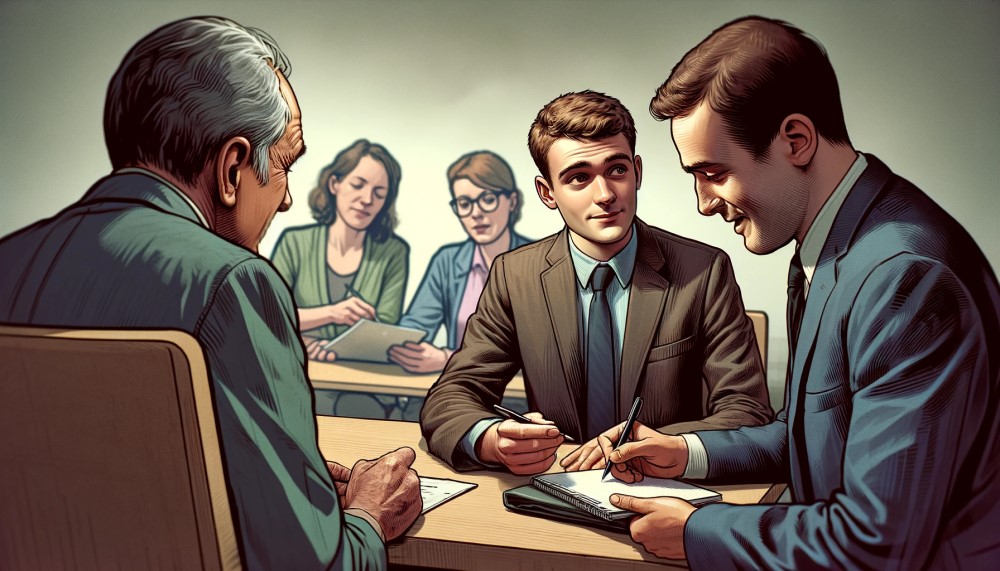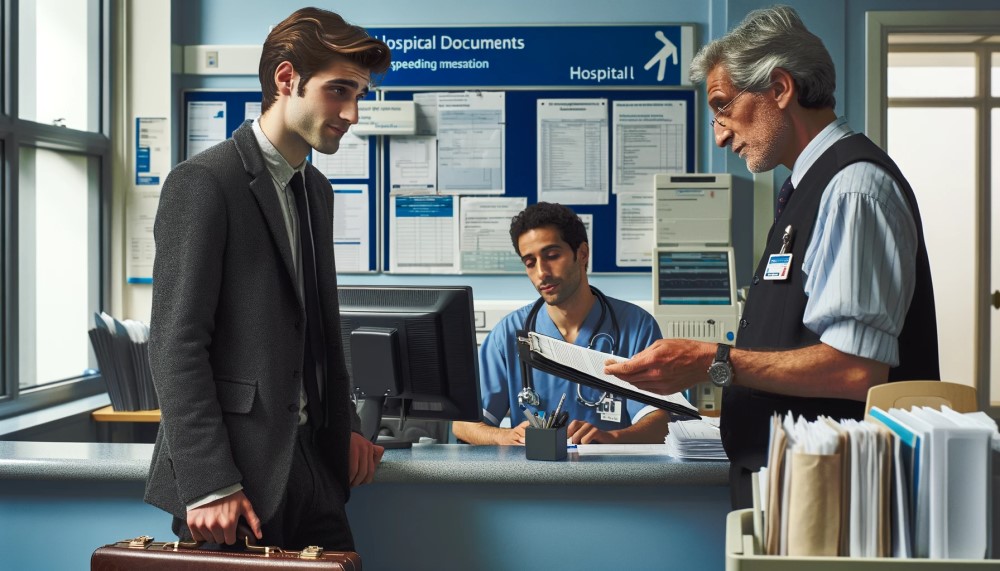How to Gather Evidence to Avoid Disqualification for Speeding: A Comprehensive Guide
When facing a speeding offence and potential disqualification in England, gathering strong evidence is crucial to support your case and potentially avoid severe penalties. In this article, we provide a comprehensive guide on how to gather evidence to avoid disqualification for speeding.
From understanding the importance of evidence to practical strategies for collecting relevant information, we aim to equip you with the knowledge and tools necessary to build a strong defense and increase your chances of a favourable outcome.
Understanding the importance of evidence in speeding cases is essential. Strong evidence can help challenge the prosecution’s case, establish doubt, and potentially avoid disqualification. By presenting compelling evidence, you can demonstrate mitigating circumstances or cast doubt on the accuracy of the alleged offence.
How to Avoid Disqualification for Speeding: Gather Witness Statements

Obtaining witness statements from individuals who were present at the time of the alleged offense can provide crucial support for your defence. Witness statements should detail their observations, including road conditions, visibility, or any other factors that may impact the accuracy of the alleged speed.
Their accounts can corroborate your version of events and challenge the prosecution’s case.
Obtain Dashcam or CCTV Footage
If available, dashcam or CCTV footage can be highly valuable evidence in speeding cases. Such footage can capture the road conditions, traffic flow, and other relevant factors at the time of the alleged offence. If you have a dashcam or if there is CCTV coverage in the area, obtain the footage promptly and preserve it as evidence for your defence.
Collect Data from GPS or Speed Tracking Devices
![]()
If you have a GPS or speed tracking device installed in your vehicle, collect the data recorded at the time of the alleged offense. This data can provide accurate information about your speed, location, and other relevant details. If the device was calibrated and functioning correctly, this evidence can be highly persuasive in challenging the prosecution’s case.
Request Calibration Records of Speed Detection Equipment
If you believe the speed detection equipment used by law enforcement may have been faulty or improperly calibrated, request the calibration records from the relevant authority. These records can help determine whether the equipment was accurate and functioning correctly at the time of the alleged offense. Inaccurate or unreliable equipment can significantly undermine the prosecution’s case.
Gather Medical or Emergency Documentation

If you were speeding due to a medical emergency or to address a genuine emergency situation, gather relevant medical or emergency documentation to support your case. Medical records, doctor’s notes, or emergency response reports can provide objective evidence of the circumstances that led to the alleged speeding offense. These documents can help establish a valid defence based on mitigating circumstances.
Document Road Conditions or Signage
Documenting road conditions, signage, or any factors that may impact the accuracy of the alleged offense is crucial. Take photographs or videos of the location, including the condition of the road, visibility, and any relevant signage. This evidence can be used to challenge the prosecution’s case or demonstrate that the alleged offense occurred under circumstances beyond your control.
Retrieve Phone Records or GPS Data

If you were using your phone or GPS device at the time of the alleged offense, retrieve the relevant records or data. Phone records can show that you were not using your phone while driving or that you were using it for an emergency call. GPS data can provide additional evidence of your location and speed, which may differ from the prosecution’s claims. Presenting this evidence can help challenge the accuracy of the alleged offense.
Preserve Vehicle Maintenance Records

Maintaining accurate vehicle maintenance records can be beneficial in speeding cases. These records can demonstrate that your vehicle was in good working condition and that any perceived speeding was not due to mechanical faults. Keep records of regular maintenance, repairs, and servicing to support your defence and counter any claims of vehicle-related issues contributing to the alleged offense.
Gathering strong evidence is crucial when facing potential disqualification for speeding in England. By understanding the importance of evidence and implementing strategies to collect relevant information, you can build a robust defence and increase your chances of avoiding severe penalties.
Remember to gather witness statements, obtain dashcam or CCTV footage, collect data from GPS or speed tracking devices, request calibration records of speed detection equipment, gather medical or emergency documentation, document road conditions or signage, retrieve phone records or GPS data, and preserve vehicle maintenance records.
By presenting compelling evidence, you can challenge the prosecution’s case and potentially achieve a more favorable outcome in your speeding case.
Thank you for reading this post, don't forget to subscribe!
Notice: Informational Content Disclaimer
The content provided on this website, including articles, blog posts, and other informational materials, is intended for general informational purposes only. It is not intended as, and should not be considered, legal advice.
Visitors to this website should be aware that the information presented here is not a substitute for seeking legal advice from a qualified solicitor or legal professional. Each individual's legal situation is unique, and the information provided may not be applicable to specific circumstances.
If you require legal advice or have specific legal questions, we encourage you to contact us directly. Our experienced team of solicitors is here to assist you with your legal needs and provide tailored advice to address your concerns.
Please be advised that any communication through this website, including the use of contact forms or email, does not create a solicitor-client relationship. Confidential or time-sensitive information should not be sent through this website. To establish a solicitor-client relationship and discuss your legal matters in detail, please contact us for a consultation.
We strive to provide accurate and up-to-date information, but we make no representations or warranties regarding the accuracy, completeness, or suitability of the information contained on this website. We shall not be liable for any reliance placed on the information provided herein.
Thank you for visiting our website. We look forward to the opportunity to assist you with your legal needs.




